We celebrate International Jaguar Day with educational activities to raise awareness of Jaguar conservation.
hace 6 monthsThe three jaguar specimens born in the park highlight their commitment to the conservation of this emblematic species, the third largest feline in the world.
Every year on November 29th, we conmemorate International Jaguar Day with events aimed at increasing public awareness of the significance of this iconic species. The jaguar facilities, in the America área, will have an educational stand for visitors this saturday 30th, and Sunday, 1st. The jaguar (Panthera onca), a keystone species for the Americas’ ecosystems, will be discussed in this talks along with its traits, ecological function, and dangers.
Conservation of jaguars is a top focus at Terra Natura Benidorm. The park participates in ex situ breeding initiatives that support genetically robust populations, we show visitors the significance of this species, and increase awareness of the steps required to safeguard it.
Terra Natura currently houses two adult specimens: Socorro, born in May 2013 in Germany, and Grecia, born in June 2013 in the country of the same name. Both arrived at the park in 2014 and have successfully contributed to the reproduction of the species. Their litters include Pepa and Lola, born in 2017, who were relocated in 2021 and 2022 to other conservation centres, and Teo, born in 2018 and moved to a nature reserve in France in 2020. These initiatives not only ensure the genetic diversity of the species, but also promote awareness of its conservation.
The park team emphasises that the jaguar, which lives in 18 nations from Mexico to Argentina, is a top predator that is vital to preserving the equilibrium of ecosystems and a symbol of American biodiversity. By controlling the numbers of prey like deer, tapirs, and capybaras, it keeps food chains from becoming unbalanced. Its conservation also serves as a “umbrella” tactic, safeguarding other species that coexist in its habitat.
The jaguar is classified as ‘Near Threatened’ by the International Union for Conservation of Nature (IUCN), as it has lost more than 50% of its historical distribution due to habitat destruction, illegal trade and conflicts with human activities. Organisations such as WWF, Panthera and WCS work to mitigate these threats through initiatives such as biological corridors, which connect key habitats to ensure the movement of jaguars in the wild and allow the genetic diversity necessary for their survival.
The jaguar is the largest feline in the Americas and the third largest in the world in terms of size, behind tigers and lions. It is a symbol of wildlife because of its unique golden fur with black patches in the form of rosettes and its weight of up to 136 kg. The species and its ecological significance will be thoroughly explained at the educational stand throughout the weekend. Discover fascinating facts about the jaguar, such its capacity for swimming and climbing, or how its distinctive hooting sound marks the start of its activities at dark.
The team emphasises how crucial these educational events are by sharing with visitors the value of preserving the jaguar and its environment. “The births that have been recorded confirm the importance of collaborating with other institutions to guarantee the future of the species,” the park’s veterinarians explain, adding that “every action we take, from breeding programmes to educational activities, is a step towards the conservation of this species and the biodiversity it represents.”
About Terra Natura Benidorm
With over 150 different species, where many are endangered or in risk of extincton, Terra Natura Benidorm is a nature and wildlife park devoted to the preservation of animal life. Visitors are immersed in the idea of zoo immersion during the tour of its facilities. The barriers between visitors and animals are hidden among the vegetation, developing a sense of continuity between the ecosystems recreated to meet the animals’ needs.

